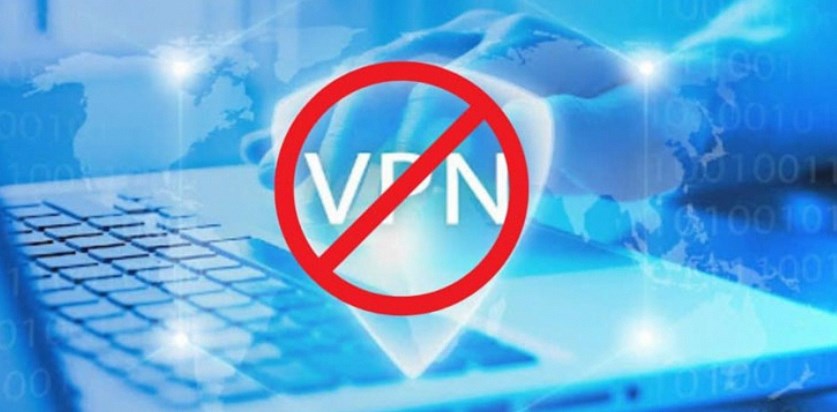In a recent policy shift, the Pakistan Telecommunication Authority (PTA) has announced a decisive step to block unregistered Virtual Private Networks (VPNs), a move that reflects broader goals of internet regulation and digital security within the country. The PTA has clarified that registered VPNs for businesses and specific organizations will still be allowed, aiming to balance privacy with governmental oversight.
This policy began with PTA’s 2020 directive, which required businesses to register their VPNs to avoid disruptions in service. Since then, over 20,000 IPs have been registered by entities including IT firms, software houses, and freelancers. The current VPN registration process has been expedited with a “one-window operation,” intended to make registration straightforward for legitimate users in essential sectors such as software development and international call centers.
Concerns around this policy are growing, with critiques centering on potential impacts on digital privacy and freedom of access. The government’s move, which appears inspired by countries with stringent internet laws like China and Dubai, comes amid increased internet restrictions and issues such as reduced speeds due to firewall testing. These developments have not only impacted regular users but also raised concerns in the IT sector about how internet speed and accessibility may hinder Pakistan’s digital economy, which relies heavily on a steady connection and secure VPN channels for overseas communication. PTA’s initiatives suggest a more controlled internet ecosystem; however, this raises questions about user rights and freedoms as the country moves towards
Topics #featured #trending pakistan




